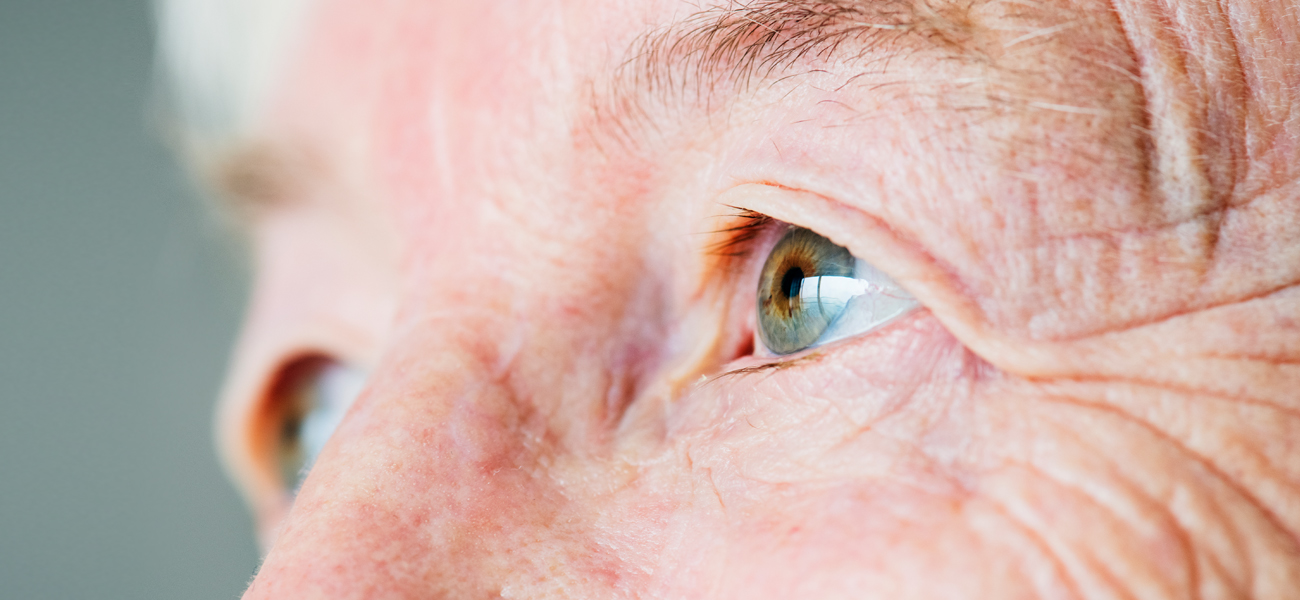Over the last few years there have been important advances in scientific evidence indicating that periodontitis or gum disease, consisting of inflammation and infection of the ligaments and bones that support the teeth, shares pathogenic mechanisms with other systemic conditions affecting the state and functioning of the body, in multiple aspects.
In previous articles we have seen how disorders in the health of the mouth and teeth are related to multiple pathologies, and can contribute to signs and development of geriatric syndromes, affect the treatment of hypertension, or even contribute to the development of dementias such as Alzheimer’s disease, among other conditions.
In line with this research, several studies have been published that point to the relationship between periodontitis and glaucoma, a group of diseases that can damage the optic nerve and are the main cause of blindness among people over the age of 60.
Glaucoma is a chronic, progressive optic neuropathy caused by a malfunction of the drainage angle of the eye’s aqueous humour, the fluid present between the anterior and posterior chambers of the eyeball that serves to nourish and oxygenate bloodless structures such as the lens and iris.
The eye constantly produces aqueous humour, which flows, and must be drained in the same quantity as it is generated through an area called the drainage angle. When this drainage is not carried out properly, the pressure inside the eye increases and can cause damage to the optic nerve.
Although the symptoms of glaucoma are varied, the most common symptoms among older people are eye discomfort, redness, decreased visual acuity, headaches, blurred vision, the perception of glare, bright spots, flashes or halos in the vision, or the random appearance of blind spots.
But is there a link between oral health and the onset of glaucoma? A pilot study conducted at SUNY Downstate Health Sciences University found that patients with open-angle glaucoma, the most common type characterised by its gradual progression, have fewer teeth and a higher number of streptococci in the oral cavity. Another collaborative study by researchers from several universities associated tooth loss and a diagnosis of periodontal disease with an increased risk of open-angle glaucoma.
More recently, and based on the identification of new inflammatory mediators involved in chronic medical conditions associated with periodontitis, a new study published in the Cureus Journal of Medical Science established the possibility that periodontal diseases may be an additional risk factor in the development of eye diseases such as uveitis, diabetic retinopathy, age-related macular degeneration and glaucoma.
Again, scientific evidence confirms that oral health is related to many other disorders at a systemic level, so it can affect the general state of health. This is especially true in the case of the elderly, where we very often find a greater number of multi-pathologies and an increase in chronicity.
Eye diseases such as glaucoma can have a major impact on the health of any person, and a cause of dependency in cases where there is a significant loss of vision. But in the case of people in previous situations of dependency and/or with mobility problems, the consequences can be even more serious, as they can lead to a greater deterioration in autonomy or even total loss of autonomy.
For this reason, and given the high prevalence of periodontitis among elderly people living in care homes, at Lura Care we want to raise awareness of the need to carry out regular dental check-ups and to promote oral hygiene habits among residents, in order to prevent the appearance or aggravation of other existing pathologies, and to preserve not only the health but also the quality of life of residents.

